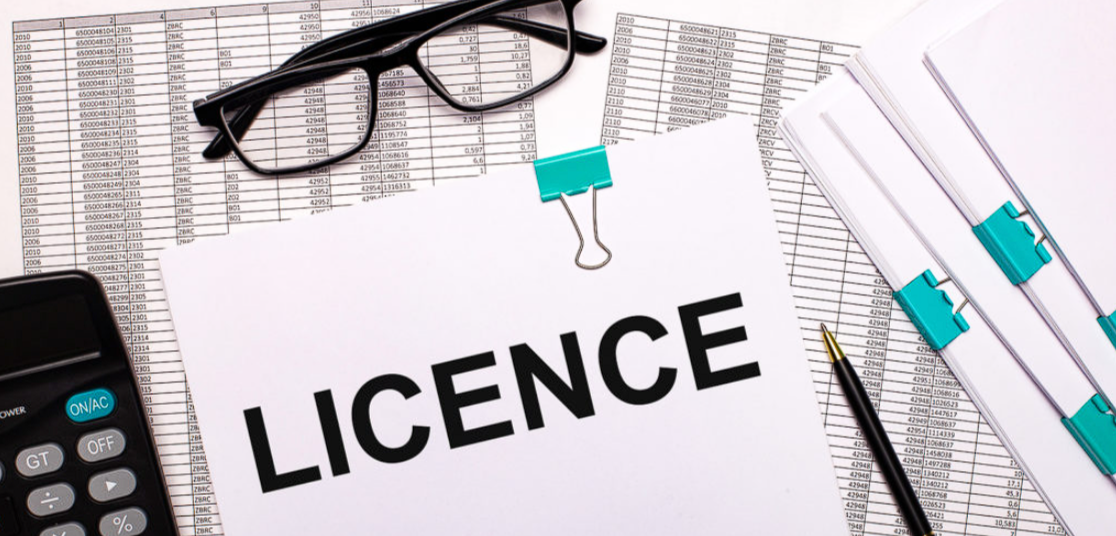The online betting industry is subject to stringent regulations and licensing requirements designed to ensure fair play, protect consumers, and maintain market integrity. For bookmakers, navigating these regulatory landscapes is crucial for legal compliance and building trust with bettors. This article explores the key regulations and licensing requirements for bookmakers, highlighting their importance and impact on the betting industry.
The Importance of Regulations and Licensing
Regulations and licensing play a pivotal role in the online betting industry by establishing standards for fair play, consumer protection, and market integrity. Here’s why they are essential:
- Consumer Protection: Regulations ensure that consumers are protected from fraudulent activities and unfair practices, fostering trust and confidence in the betting industry.
- Market Integrity: Licensing requirements help maintain market integrity by ensuring that bookmakers operate legally and ethically.
- Compliance and Trust: Adhering to regulations and obtaining licenses from recognized authorities build trust with bettors and enhance the reputation of bookmakers.
Key Regulatory Bodies and Licenses
Bookmakers must obtain licenses from recognized regulatory bodies to operate legally in various jurisdictions. These licenses ensure compliance with local laws and regulations.
- Malta Gaming Authority (MGA):
- The MGA is one of the most respected regulatory bodies in the online gaming industry, known for its robust regulatory framework and high standards of compliance.
- A license from the MGA allows bookmakers to operate in multiple jurisdictions, enhancing their market reach and credibility.
- UK Gambling Commission (UKGC):
- The UKGC is renowned for its stringent regulations and strong consumer protection measures, ensuring fair play and transparency in the betting industry.
- A license from the UKGC is highly regarded and allows bookmakers to operate in the UK market.
- Curacao eGaming:
- Curacao eGaming offers a more flexible regulatory environment, attracting many international bookmakers seeking to expand their market reach.
- A license from Curacao eGaming allows bookmakers to operate in various jurisdictions with fewer regulatory hurdles.
Benefits of Obtaining Recognized Licenses
- Market Access: Licenses from recognized regulatory bodies allow bookmakers to operate in multiple jurisdictions, expanding their market reach and customer base.
- Consumer Trust: Obtaining licenses from reputable authorities builds trust with consumers, encouraging them to engage with the platform more confidently.
- Legal Compliance: Adhering to regulatory requirements ensures legal compliance and protects bookmakers from potential legal issues.

Regulatory Requirements for Bookmakers
Bookmakers must comply with various regulatory requirements to obtain and maintain their licenses. These requirements ensure fair play, consumer protection, and market integrity.
- Anti-Money Laundering (AML) Measures:
- Bookmakers must implement AML measures to prevent money laundering and other fraudulent activities.
- This includes verifying the identity of users through Know Your Customer (KYC) procedures and monitoring suspicious transactions.
- Responsible Gambling Initiatives:
- Bookmakers must promote responsible gambling by implementing features such as self-exclusion options, betting limits, and reality checks.
- These initiatives help protect users from problem gambling and ensure a safe betting environment.
- Data Protection and Privacy:
- Bookmakers must comply with data protection regulations, such as the General Data Protection Regulation (GDPR), to ensure the protection of user data and privacy.
- This includes implementing robust data security measures and obtaining user consent for data processing.
Importance of Regulatory Compliance
- Maintaining Market Integrity: Compliance with regulatory requirements ensures market integrity by preventing fraudulent activities and promoting fair play.
- Building Consumer Trust: Adhering to regulatory standards builds trust with consumers, encouraging them to engage with the platform more confidently.
- Legal Protection: Compliance with regulations protects bookmakers from potential legal issues and ensures their long-term sustainability.
Challenges and Considerations in Regulations and Licensing
Navigating the regulatory landscape presents challenges and considerations for bookmakers seeking to expand their market reach and maintain compliance.
- Regulatory Fragmentation:
- The lack of uniform regulatory standards across different jurisdictions can create challenges for bookmakers operating internationally.
- Bookmakers must stay informed about local regulations and adapt their operations accordingly.
- Compliance Costs:
- Obtaining and maintaining licenses from recognized regulatory bodies can be costly, requiring significant resources and investment.
- Bookmakers must allocate resources for compliance audits, legal consultations, and regulatory fees.
- Evolving Regulatory Landscapes:
- Regulatory requirements are subject to change, requiring bookmakers to stay informed and adapt their operations to comply with new standards.
- This includes monitoring changes in AML measures, responsible gambling initiatives, and data protection regulations.
Strategies for Navigating Regulatory Challenges
- Collaboration with Regulatory Bodies: Engaging with regulatory bodies to understand and comply with local regulations.
- Investment in Compliance: Allocating resources to ensure adherence to regulatory standards and obtain necessary licenses.
- Adaptability: Being prepared to adapt operations and strategies in response to regulatory changes.
The Future of Regulations and Licensing in the Betting Industry
The future of regulations and licensing in the betting industry is likely to be shaped by technological advancements, evolving consumer preferences, and increasing regulatory scrutiny.
- Technological Integration:
- The integration of emerging technologies, such as blockchain and AI, will enhance transparency, security, and compliance in the betting industry.
- These technologies will help bookmakers meet regulatory requirements more efficiently and effectively.
- Expanding Markets:
- The legalization of online betting in new jurisdictions will open up additional markets and growth opportunities for bookmakers.
- Bookmakers will need to stay informed about regulatory changes and adapt their strategies to capitalize on these opportunities.
- Enhanced Consumer Protection:
- Regulatory bodies will continue to focus on enhancing consumer protection measures, ensuring fair play, and promoting responsible gambling.
- Bookmakers will need to implement robust consumer protection measures and comply with evolving regulatory standards.
Conclusion
Regulations and licensing play a crucial role in the online betting industry, ensuring fair play, consumer protection, and market integrity. By obtaining licenses from recognized regulatory bodies and complying with regulatory requirements, bookmakers can build trust with consumers, expand their market reach, and ensure long-term sustainability. Staying informed about regulatory changes and embracing the opportunities they present will enhance the overall betting experience and contribute to the industry’s growth and success.




